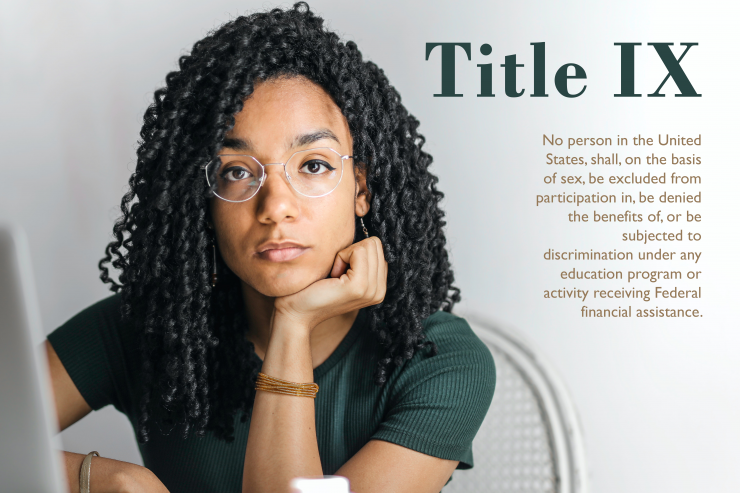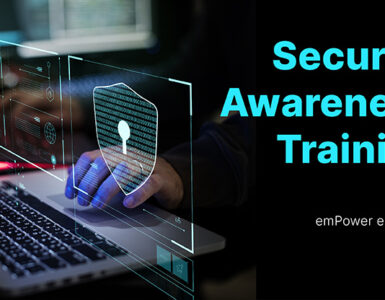Title IX certifications are a direct result of the federal sexual harassment guidance released in 2011. The guidance calls for Title IX training of college staff, students and faculty. The training should answer the following questions.
- What is sexual misconduct and discrimination
- What protections does Title IX offer
- How students can report discrimination
- How faculties and staff can interrupt an act of harassment
- What are your duties under the law
What is Title IX Certification?
Title IX, in essence, protects women against discrimination in education and related activities. Today, the law applies to all students regardless of their gender identity.
All colleges receiving federal funding must commit under Title IX to prevent discrimination. They must have procedures in place to respond to possible acts of discrimination. Moreover, there are certain rules that colleges must follow, when responding to complaints by a victim.
These rules include:
- Having student-conduct boards and appeal panels,
- Establishing grievance procedures,
- Publishing policies such as non-discrimination notice, and
- Training students and employees
Besides this, colleges must appoint a person as their Title IX coordinator. An individual to whom students can approach with complaints. Their duties also include connecting with college faculty and training other employees.
Who needs to be trained?
-
All Staff
Under Title IX, every employee likely to witness or receive reports of sexual discrimination should be trained. Such employees must have a basic know-how of the law, and their duties under the law.
-
Responsible Employees
Employees with direct teaching and supervisory authority have extra responsibility under the law. Their Title IX certification should include topics such as intervention techniques.
The list includes, teachers, administrators, counselors, residential assistants, health personnel, and public safety and law enforcement officers.
-
Title IX Staff
Your Title IX staff is central to your OCR compliance effort. They have to deal with all issues directly, and they must connect with the college faculty and students. This requires good organizational and communication skills. Generally, Title IX staff includes-
- Title IX coordinators
- Investigators
- Attorneys
- Hearing officers
- Title IX administrators
Each of these groups have different certification needs. We’ll discuss them in the section below.
-
Title IX certification for all staff
College staff should be aware of employee obligations under Title IX to identify and prevent discrimination. They must know to respond and report Title IX violations, and if they are in a position of authority- intervene.
An effective program for employees and staff includes:
- The value and role of Title IX in college education
- What’s the college policy against harassment
- What is sexual misconduct
- What are the crimes associated with gender-based violence
- How to respond to the need of the survivor and the accused
- What to do if you witness an act of harassment
- What is bystander intervention
- What to do if you receive a complaint of harassment or discrimination
- State and federal laws that complement the Title IX
-
Title IX certification for Title IX coordinators
Title IX coordinators are central to your compliance efforts. They need to connect with college faculty and students. They must have good organizational and communication skills.
Moreover, a title IX coordinator must also have full understanding of
- Sexual discrimination and sexual violence
- State and federal laws against discrimination
- Civil rights investigation procedures
Title IX certification for Title IX coordinators should cover:
- How to conduct Civil rights investigation, and adjudication models
- What are hearing panels and sexual misconduct hearing process
- How to respond to a Title IX complaint
- The reporting and confidentiality requirements
- Grievance procedures
- Title IX and college athletics
- Training requirements for Responsible employees and hearing boards
Here’s a blog post on Title IX requirements for athletics.
-
Title IX Certification for Hearing boards, Investigators, and administrators
Title IX investigators and hearing boards would also need training in matters, such as –
- Various adjudication models
- Conducting hearings
- Applicable OCR and civil court rulings.
While the administrators would need training on how to put in place a Title IX compliance model that would reduce the risk of OCR complaints or lawsuits.
In conclusion
The Final Title IX rule published on May 6, 2020 is about to change the way colleges dealt with Title IX complaints. Definitely, the Title IX certification is also about to change.
The definition of sexual harassment has been changed. Single investigator model has been discarded. Cross-examination at Title IX hearings has been allowed. And, the definition of consent has been updated.
How would the Final Title IX rule affect your institution’s Title IX compliance? Stay tuned for more information about the new regulations. You can also receive our latest Title IX updates by email by subscribing to the emPower blog.





